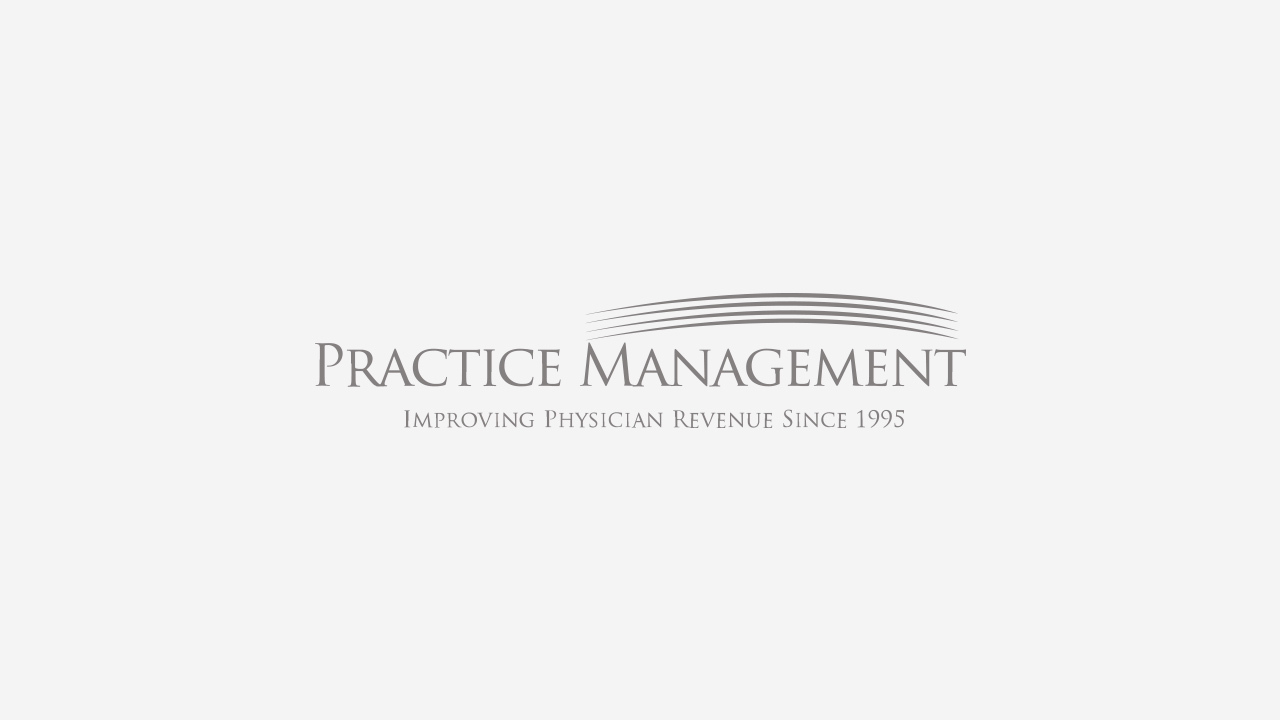
It’s something that is pretty common knowledge for many healthcare providers: the only one who knows exactly what the patient is feeling or experiencing is the patient. They are just relaying the information to you in hopes that you can help and/or treat them. However, there are different approaches that medical practitioners take, and some aren’t always patient-focused. That is why it’s important to do your research and figure out which practices are patient-centric. What does that mean? Well, for the patient, it means that their voices are heard.
So, why is a patient-centric approach so important?
The patient gets it all. Or, in other words, the patient and the practitioner form a partnership that will benefit the both of them by making the best decision healthcare-wise as a team. This may mean that there is proper and extensive education given to the patient about a condition or a procedure, or even a tightly-knit support system built up of community and staff members. The patient learns a lot along the way about their own health and how to better their healthcare, which may even ultimately lead to less doctor visits in the future! The more they know, the better they will care for themselves and lead a better quality of life. It might even boost the patient’s moral outside of the office, as the open discussion tactic teaches them to express themselves clearly and fight for what they deserve.
For the practitioner and the staff, working alongside your patient is actually cheaper in the long run. You aren’t doing a long list of tests to determine what the next step is, you’re just having a conversation with your patient. This means better, more accurate decisions regarding the patient’s healthcare. Putting these patients’ needs and listening to their complaints and desires not only helps you grow as a medical professional, but also gives you a competitive advantage; this is what the people want. They want to be heard, to be part of their own healthcare process because it’s their healthcare for their bodies. Your patients will be so happy, they’ll throw out referrals like it’s rice on a wedding day. Their satisfaction will skyrocket, and so will yours, as their doctor or nurse.
Healthcare isn’t just about treating people, it’s about hearing their cries for help and listening to their stories so you can understand and work with them, to create a super-treatment that will keep them healthier, happier, and wiser. At the core, isn’t that what you initially went to medical school for?